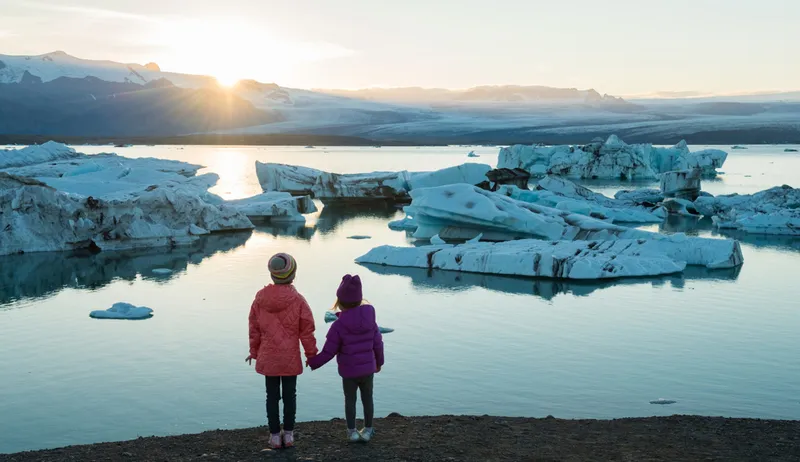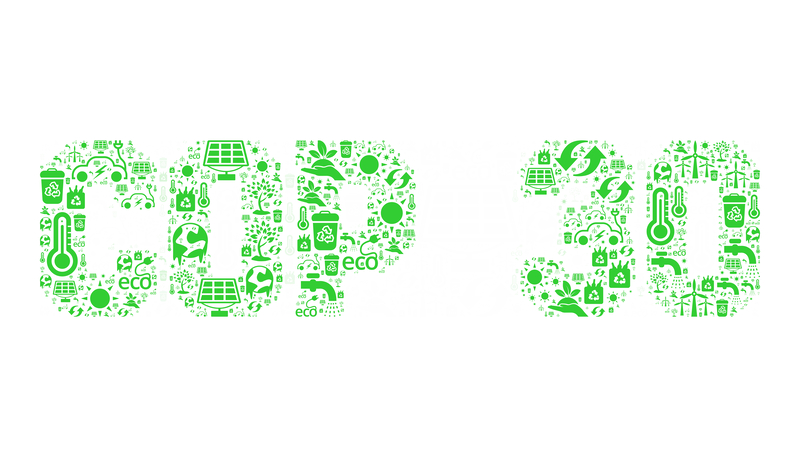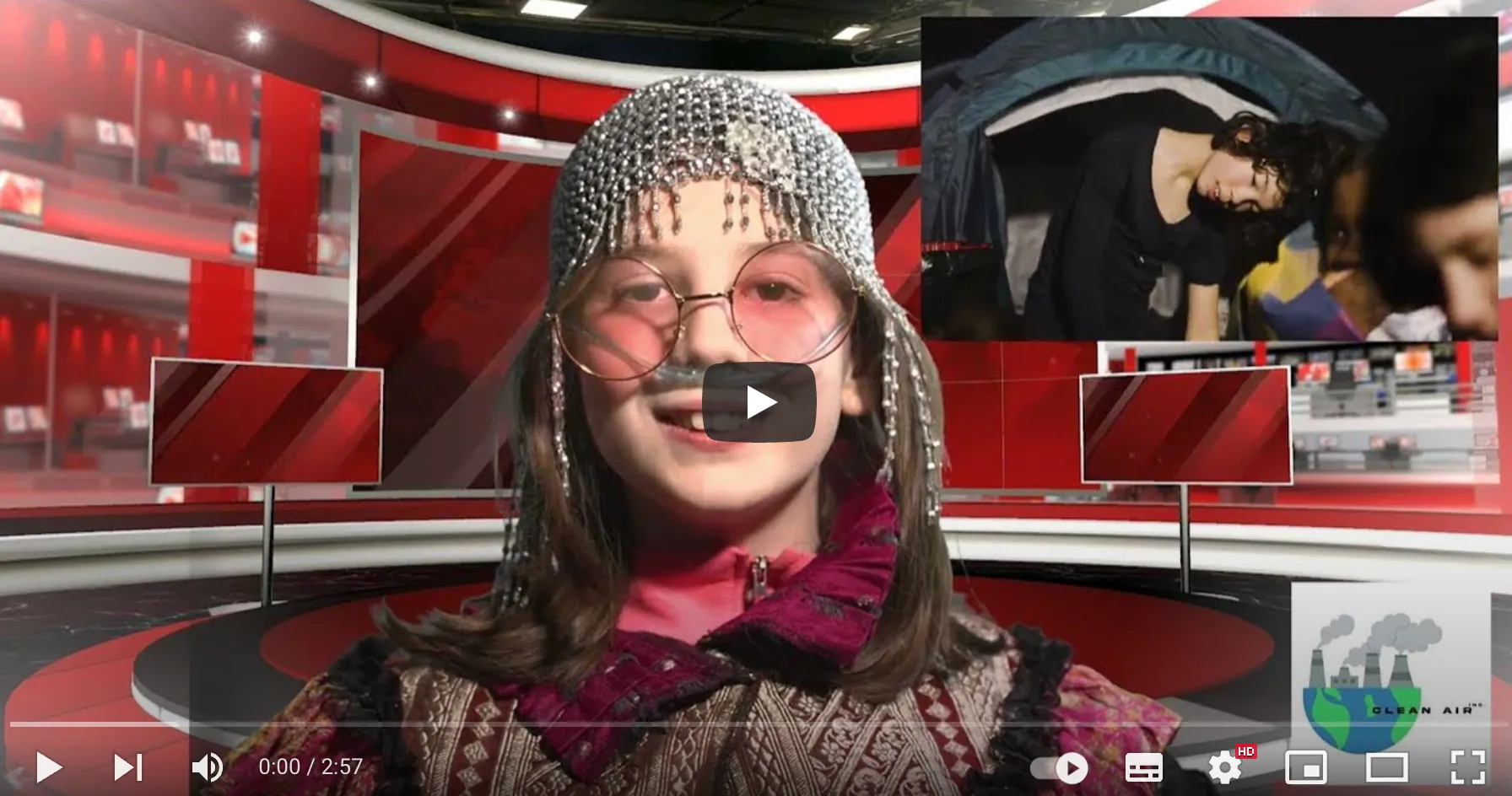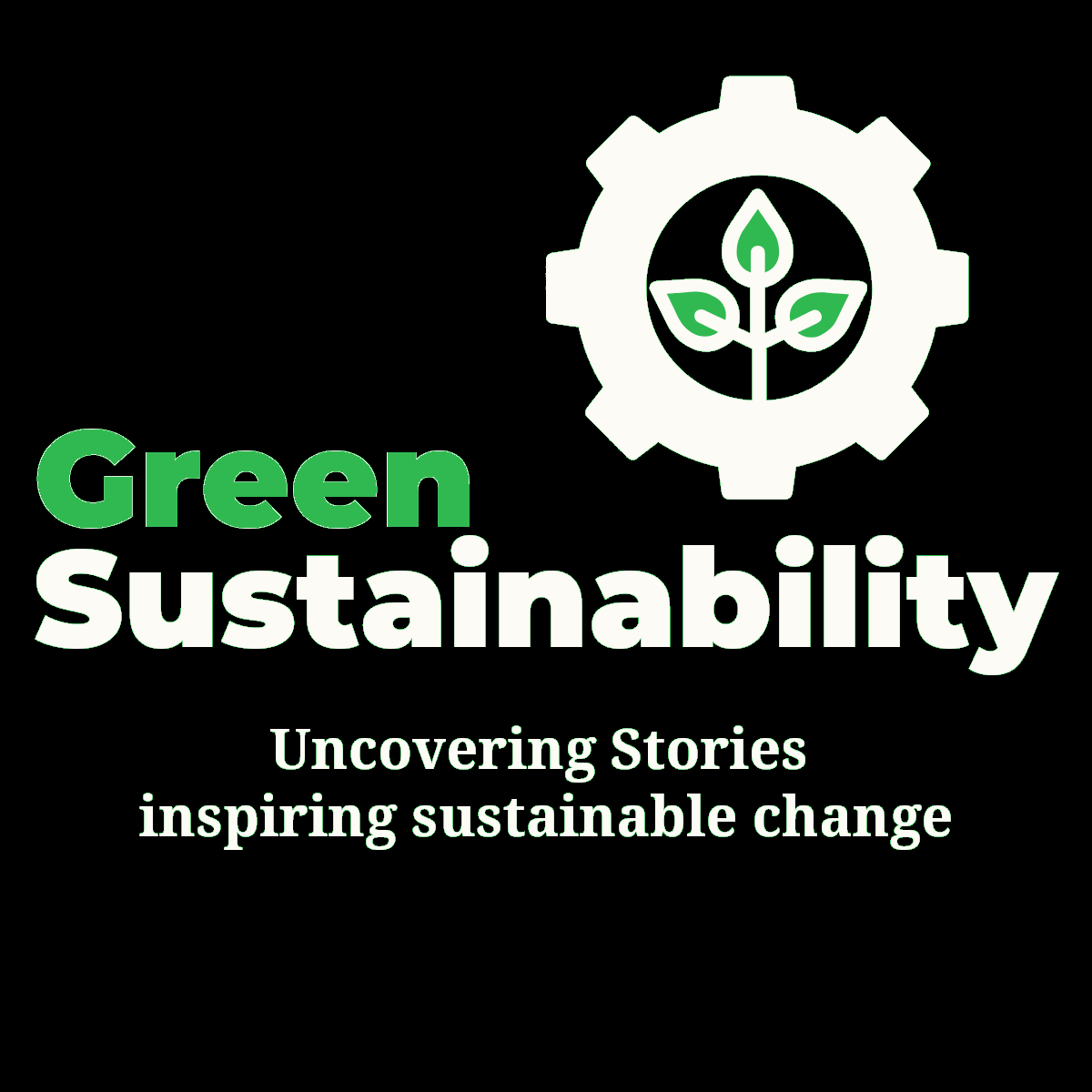Thanks for sticking with this. It's really important that you've come here, because we need lots more people to realise the scale of what we are facing and get involved in creating a better future for themselves, for their children and for future generations.
Let's get some key points out of the way:-
- The situation we are facing with climate change is now an emergency.
- There are things you can do to help at home, but the world as a whole needs to make big changes to sort this out.
- The only way to tackle this emergency is to get the government, local authorities, and big corporations to act, and pressure from you, your friends and family can get them to act more quickly.
More about Climate Change
You might hear the argument that the climate has always been changing, and that's true, but it has never changed as quickly as it is doing at the moment.
Scientists are very clear that the rapid climate change that is happening now is caused by human activities and on 5 November 2019, a group of over 11,000 scientists from 153 countries around the world signed a statement published in the US journal Bioscience stating that we now face a climate emergency.
Scientists have been warning about the risks of rapid climate change for decades. Did you know that the first ever Climate Change Convention took place in 1979 in Geneva, Switzerland? But despite all the warnings, and the various commitments and agreements that have been made since, very little has actually been done to tackle the problem.
The issue has been avoided by governments and large companies for at least 40 years, but now we know things can't carry on as they have done. Things have to change.
And that has been underlined in the last few days with a new report from the World Meteorological Organization stating that the world's greenhouse gas emissions broke a new record in 2018 and a warning from the UN Environment Programme (UNEP) that global greenhouse gas emissions need to be reduced by 7.6% each year until 2030 if we want to avoid average global temperatures increasing to more than 1.5C above pre-Industrial levels by the year 2100.
So why is Climate Change such a problem now?
An increase in average temperatures across the whole world of 1.5 degrees C might not sound like that much. But it's enough to:-
- make extreme weather like hurricanes, tornadoes, droughts, floods and heat waves more likely
- melt the ice at the Arctic and Antarctic – raising sea levels and causing coastal towns, and even low-lying islands and countries to disappear under the sea, or be at greatly increased risk of flooding as a result of storm surges
- cause more wild fires, which in turn destroy the forests we need to store carbon and make our climate stable - you can see this happening right now in California, Africa, the Amazon, the Artic, Australia- there is a long list.
- cause a feedback loop, where increasing temperatures cause more ice to melt and increase the risk of wild fires. Where permafrost is melting in the Arctic tundra, methane gas that has been locked away in the ice for thousands of years is now bubbling to the surface. Remember that for its first 20 years in the atmosphere, methane is over 80 times more powerful as a greenhouse gas than carbon dioxide. This in turn causes more warming, more ice to melt and more wild fires.
- cause more deaths from extreme weather, more crop failures, increase the danger of food and water shortages. As parts of the world become too hot and dry to grow crops, or even access drinking water, there will be more migration as people lose their homes. This could cause more conflict and wars as liveable land becomes more scarce and people are forced to fight for it.

What is being done about this by the government?
The government set up the Committee on Climate Change (CCC) to provide independent advice on building a low-carbon economy and preparing for climate change. But by June 2018, according to a CCC report, published in July 2019, the government had only fully delivered on one of the 25 policy recommendations they have been given by CCC, whilst no progress has been made at all on 10 of the recommendations.
According to the CCC report, the UK's greenhouse gas emissions have fallen by 40% since 1990. Emissions from energy generation are now 68% lower than in 1990 and in 2018, low-carbon energy accounted for 54% of the UK's energy generation. But whilst there are big improvements in some areas, in others, emissions are still growing. For example, emissions from aviation have more than doubled since 1990. In addition, a lot of the UK's reduction is simply because more and more goods consumed in the UK are made abroad - and the figures don't take account of this.
In many key areas like transport, buildings and agriculture and land use, progress is happening much more slowly than recommended by the CCC, or isn't happening at all. Targets are being missed. And the more targets that are missed now, the harder it will be to catch up. This is even more important now that the government's aim is to reach net zero Greenhouse gas emissions by 2050, rather than its initial target of an 80% reduction by 2050.
The thing is that all the tools we need are already there. The CCC is very clear on what's needed and it makes sense. But the government needs to have the courage to implement the changes needed. A recent YouGov survey found that 56% of Britons questioned would support moving to a zero-carbon economy by 2030. That should give whoever is in charge of our next government the courage to know that the public will support them.
So they need to invest heavily in renewables, help to make our homes more energy efficient, improve public transport, plant millions more trees and give greater protection to nature.
You will hear and read that the UK can't make much difference on our own, when giants like the USA, China and India continue to produce huge amounts of greenhouse gas. But if we don't start this somewhere - if somebody doesn't choose to take the lead - then the world will carry on using the rest of the world's inaction as an excuse for doing nothing. We can't let that happen.
So what can you as a parent do?
The most important thing is to add your voice to the various campaigns pushing governments and corporations to act quickly on expert scientific advice and take big steps right now to reduce greenhouse gas emissions. Join a march, sign a petition, write to your MP, and add your voice to the many who are already asking for change. Some campaign groups specifically aimed at parents include:
Parents For Future UK
You can also get regular environmental news updates by following us on Facebook.
And support Better Planet Education's work to provide young people with accurate, fact-based information on environmental issues.

You've got here because you're interested in how you can help cut your carbon emissions and tackle climate change. There are lots of small ways that you can make a difference.
At home

First, think about your home. If you're leaving lights on when you don't need them, turn them off. Switch off electrical appliances at the wall, don't leave them on standby.

There's a good chance that your central heating and hot water use a gas boiler, so whenever the boiler is on, it's burning gas and releasing more carbon dioxide into the atmosphere. Try turning your heating thermostat down to 20C. If you feel a bit chilly indoors in winter, try putting on a jumper first, don't just turn up the heat!

You can also think about eliminating draughts, fitting heat reflective panels behind radiators to make them more efficient and keeping doors and windows closed to keep the heat in and the cold out.

You could look at switching to a green energy supplier for your home's electricity and gas. We still use fossil fuels like gas to generate a lot of our electricity here in the UK. Click here for how.
So if you're going to change your energy supplier, look for a 100% renewable tariff. If you shop around, some green energy tariffs are now really competitive.
To take this a step further, you could think about installing renewable energy for your home. You can use solar heating panels to make hot water and photovoltaic panels to generate electricity. You could also consider greener heating alternatives like air- or ground source heat pumps, which use much less energy and emit less carbon dioxide than gas boilers.
Your food

Think about the food you eat. Cows and sheep produce large amounts of methane, a greenhouse gas that's over 80 times more powerful than carbon dioxide over a 20 year period. Because methane breaks down in the atmosphere, its impact reduces to about 28 times that of the same amount of carbon dioxide over a 100 year period. But that's not all, because many farm animals in the UK are fed with soya, much of which is grown in South America on land that has been cleared of rainforest. So eat less meat, especially beef and lamb and try to cut down on dairy products. Eating less meat makes a big difference to the climate crisis and to loss of habitats and wildlife around the world.
Travel

Think about how you travel. Could you walk or take a bus or train, rather than going in the car? And when you go on holiday, think about staying more locally, and try to cut down on air travel. Every passenger on a long haul return flight puts over a tonne of carbon dioxide into the atmosphere through burning jet fuel. For example, a return flight from London to Los Angeles produces 1.64 tonnes of CO2 per passenger, whilst a return from London to Perth produces 3.15 tonnes per passenger. That's almost half of the annual CO2 emissions of an average UK citizen!
But that's not all you can do. Spread the word and make sure everyone you know is doing their bit too. And if you really want to make sure more is done to reduce our impacts on the environment, write to the government to ask them to do more to combat climate change.
No one can tackle climate change by themselves, and these small changes won't be enough to sort out the problems. We need governments to have the courage to make the big changes we need. But the more people who are aware and are trying to make changes for themselves, the better!














_(1).original.avif)





.png)

















